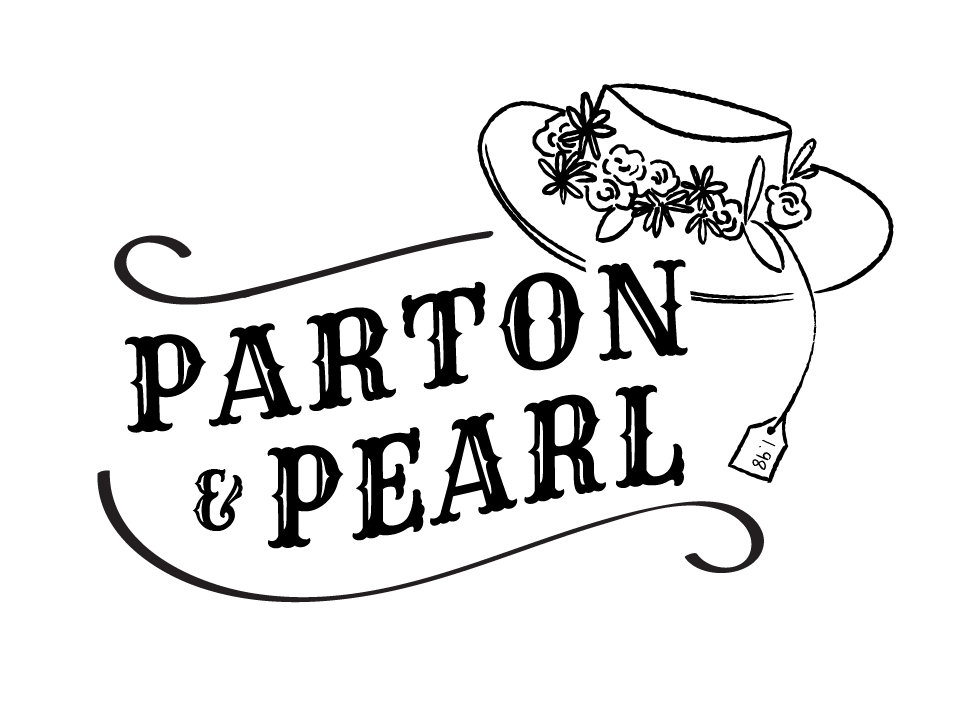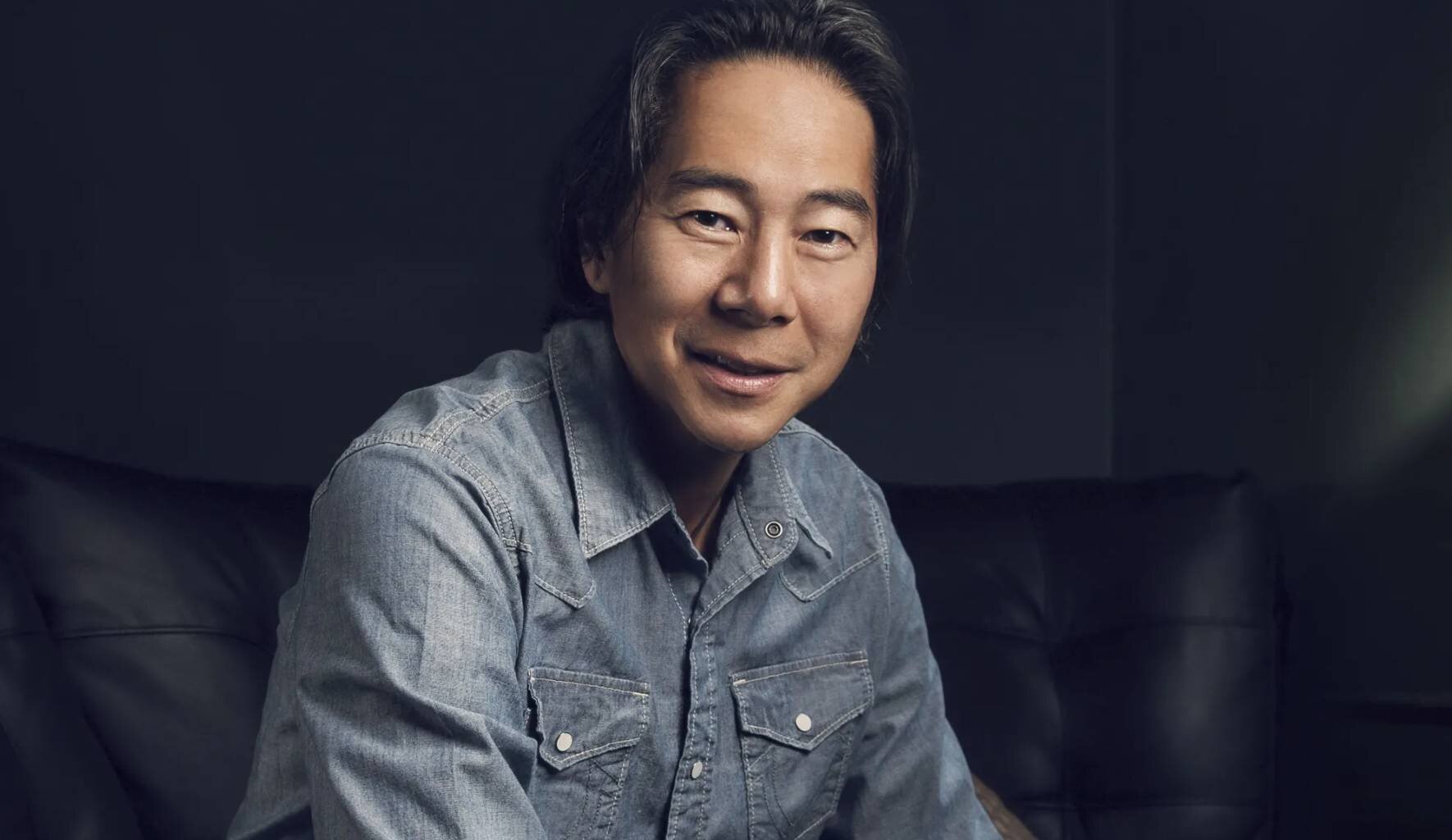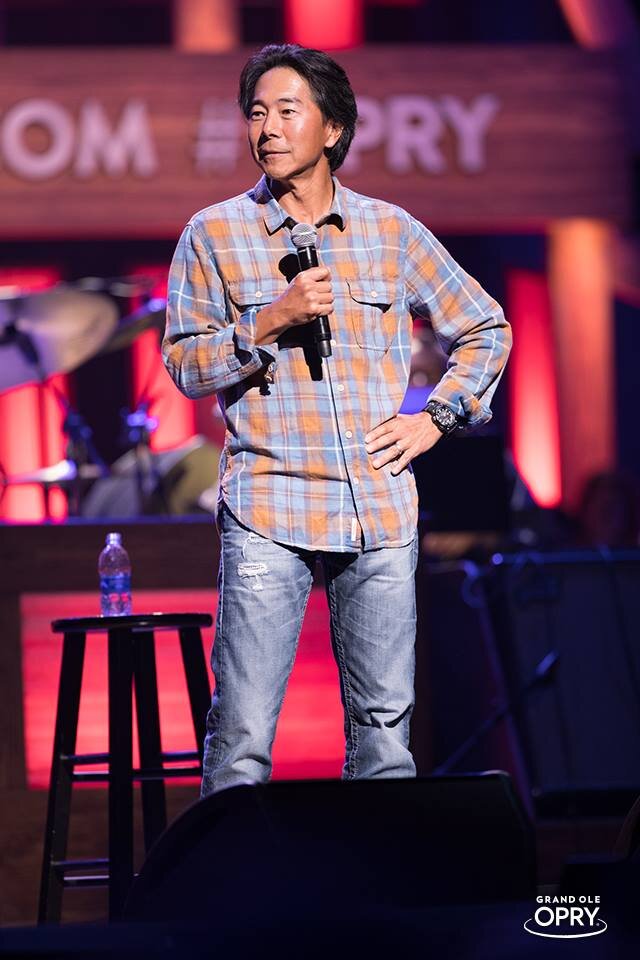Henry Cho and the Grand Ole Opry
Henry Cho is celebrating his 35th year as a professional comedian. Aside from his regular touring schedule -- as well as appearances in films like 1997’s McHale’s Navy, or countless performances as a guest for the likes of Bob Hope, Jay Leno, and the United Service Organization (USO) -- his other most significant gig is regularly at a place where preserving a renowned legacy of comedy being as entertaining as music is essential: The Grand Ole Opry. Yes, the stage that was once the domain of the iconic Minnie Pearl is now humorously roamed by the devoutly Christian, Korean-American native of Knoxville, Tennessee.
Since Pearl stopped regularly performing -- after an impressive 51-year run -- at the Opry, a few other comedians aside from Cho have also taken the stage. However, they include Western comedy groups like Riders in the Sky, who also include instruments and songs in their presentation. Cho, thus, is unique in maintaining Pearl’s legendary stand-up heritage within country music.
“Former Grand Ole Opry General Manager Pete Fisher approached me once and asked me to be a regular performer [at the venue]. I’d played the Opry before, on special occasions like commemorating what would’ve been Minnie’s 100th birthday [in 2012]. Upon being told that I had been offered a regular spot at the Opry, [his oftentimes USO tour mate], Amy Grant said to me that ‘humor had always been a part of the Opry,’ and that it had been missing ‘forever.’
Though Cho notes that he felt “awkward” about assuming such a vaunted position at the legendary hallowed hall of country music because “[he’d] grown up watching it,” and “he knew how important [the job of comedy historically was at the Opry],” he still took the opportunity. But, he took it with a caveat: still filled with some trepidation, Cho would only play as an opener for acts with whom he was friendly, like Rascal Flatts and Vince Gill. Pete Fisher, figuring out Cho’s attempt at a sly play, called him out.
“I don’t care when, Henry, it doesn’t matter! I just want you to come,” Cho remembers Fisher exclaiming. 70-plus performances later, he’s becoming a modern staple as an Opry performer. Regarding playing at the vaunted hall, it appears to be an unpredictable experience, but as always, filled with uproariously funny moments that entertain everyone in attendance.
“On Tuesday nights at the Opry, I do a longer set, but for Saturday night’s live-streamed TV program, I’ll sometimes perform for nine minutes before TV goes live as a warmup, and I nail the end of my set just before TV hits the air. As well, I hold the Saturday night record for shortest performance, as I’ve even been on stage for as short as two minutes and 50 seconds.”
Fascinatingly enough, a conversation with Henry Cho is warm and inviting, and not one predicated, at all, on brevity. When pressed as to what narrative-style humor he used to fill such a short period, he proved the character of Polonius, in act 2, scene 2 of Hamlet, correct in the idea that “brevity is the soul of wit.”
Cho’s lead joke? “Hi, I’m Henry Cho, I’m a full-blooded Korean. I was born and raised in Knoxville, Tennessee, so I’m South Korean.”
Via Cho’s comedic history, many lessons can be gleaned about both the timelessness and importance -- on a fundamental level -- of comedy in the live presentation of country music.
“I realized that while country crowds are patient, respectful, and they’ll give you a chance, they’re also a very distinct audience with common demographics, and one joke can lose them. Given that my job is to knock it out of the park every time, only a percentage of the plethora of material I’ve written over 35 years works at the Opry.” He continues with a Hall of Fame anecdote. “Initially, I tried to mix it up, but Vince Gill told me once, ‘hey man, Little Jimmy Dickens and Minnie Pearl said the same jokes, every night, verbatim because they worked. So, don’t feel like you have to do a different set every night to impress everyone.’ Poignantly, Cho continues, “so while I do change up my jokes sometimes, I hesitate to take the chance in doing so. The point of the comedian at the Opry is to help when the audience is maybe sitting on their hands [for a musical act preceding the comedian with whom they’re unfamiliar], we’re there to flip the energy by shaking them up.”
“If I open for a rock or pop act, we’re just up there killing time,” Cho continues about comedy’s importance in country music’s live event industry. “However, I toured with Reba McEntire in the 90s,” the veteran comedian says as he starts yet another impactful story with a teachable moment as the punchline. “For the first tour, it was me, Brooks and Dunn, and Reba for 25 dates, averaging 20,000 people a night. Reba quickly figured out that I didn’t just save her a ton of money as an opener because I’m just one person. While working my allotted time, Brooks and Dunn’s band would be preparing to play behind a silkscreen I was standing in front of while I was onstage. When I’d finish my set, I’d say, ‘thank you so much, and ladies and gentlemen here’s BROOKS AND DUNN!’ Then the curtain would rise, and the band would start playing.”
Maybe moreso than anything, what McEntire told Cho as he walked off the stage offers a concrete sense of why live laughter remains in the genre: “Because your set was a perfect setup for Brooks and Dunn, you just saved us [because a band didn’t need to set up and break down after his set] an hour.”
Though not delivered under a $1.98 straw hat, modern country comedy as told by the likes of Henry Cho -- as an efficient and perpetually genteel crowd favorite -- is still effective and ultimately crucial to country music’s century-long and beloved legacy.












Nashville Hurricane: A Curious Tale of Finger Pickin’ Fury runs May 7-11 at the CAA Theatre